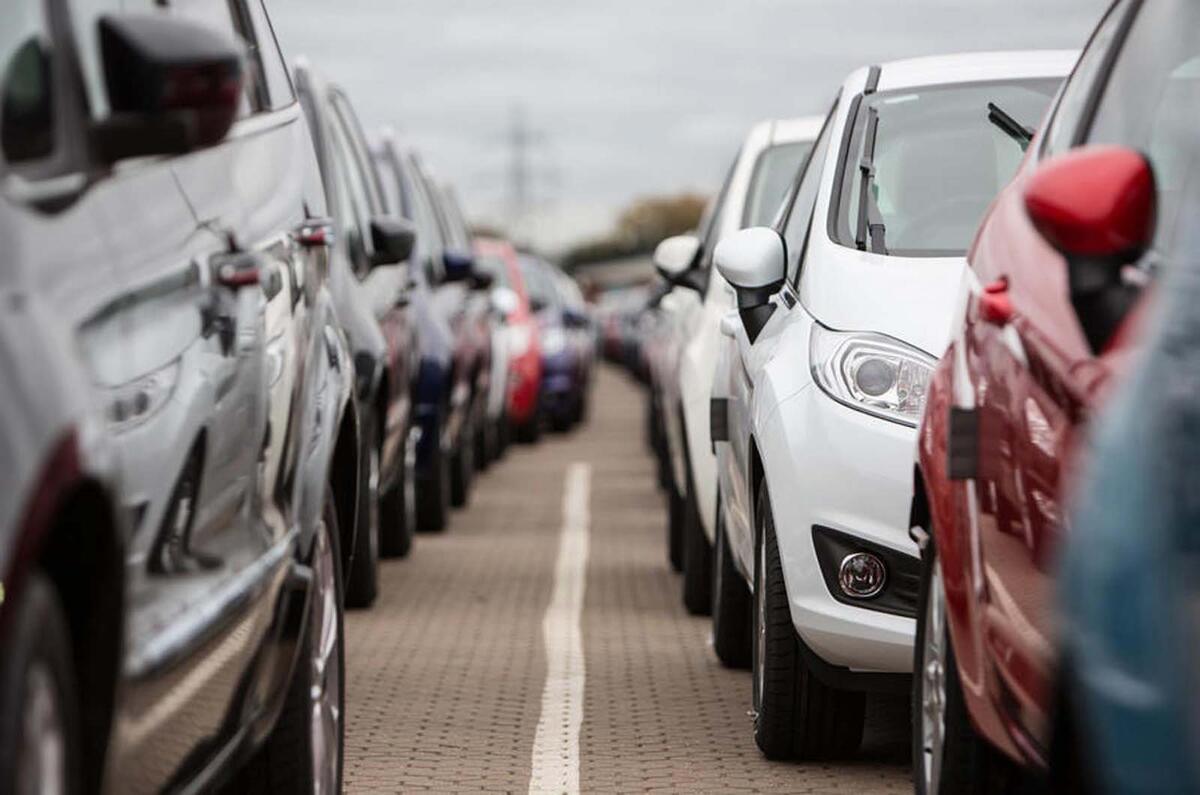The UK car market remains in “rude health”, according to Society of Motor Manufacturers and Traders chief executive Mike Hawes.
He described car sales in the first four months of the year as “erratic” but added that it would not be changing its forecast of 2.4 million car sales this year, predicting that the rest of 2018 will be more stable.
His take on the state of the car market follows a tumultuous time for the automotive industry in the UK with job cuts announced at both Jaguar Land Rover and Nissan plants earlier this year.
These have been blamed on the dramatic decline in diesel car sales and a lack of consumer confidence as a result of Brexit.
While Hawes projected confidence on the car market, he recognised these issues, stating that business and consumer confidence had declined especially for big-ticket purchases.
He also called out the government for its policy on diesel. “Confusion over government policy on diesel – which was entire unavoidable – is causing many motorists to sit on their hands,” he said.
Hawes continued: “Fleet renewal is therefore slowing, so instead of getting the latest, cleanest cars onto the road, older, more polluting cars will be staying around for longer.”
Another major issue is a rise in CO2 emissions for the first time in 19 years. Hawes attributed the 0.8% increase to the sharp decline in diesel sales. “A diesel car is typically 15-20% better than petrol in terms of fuel economy and, thus, CO2,” he commented.
Hawes also called for a “world-class package of incentives to drive demand” for zero-emission vehicles, as well as world-class infrastructure.
“Home charging, on-street charging, work place charging, public charging. Inter-operability means not just plugs but payment – we do not want a myriad of payment schemes or membership,” he said.
Hawes acknowledged that there is great progress with electrified models but that “there’s a long way to go”. Indeed, while there are now around 80 electrified cars to choose from, only 47,000 plug-ins were sold last year out of a total of 2.54 million – less than 2% of the market.
The ongoing concerns around Brexit were also flagged by Hawes. Reiterating his previous comments, he said the SMMT wants "a thriving and competitive sector that secures investment and creates high-quality, long-term employment right across the country". He added that "hundreds of thousands of jobs depend on the continuing success of the sector".





Join the debate
Add your comment
Just a month ago (despite
Just a month ago (despite what The Colonel wrongly says) the SMMT was blaming Brexit. Now were told it's in "rude health". The truth is, people who WANT to blame Brexit will - as it's an opportunity for them. It's like BoE chief, Carney. Every opportunity he gets to have a stab at Brexit, he goes for it...even though it was plain incorrect by the money sector who said Brexit would be disasterous immediately after a Leave vote. If you're a remainer, you're going to have a stab whenever you can. I'm just surprised no one has yet blamed climate change on Brexit, or Brexit on climate change.
Not certain of the message or why it's supposed to be good
It looks like it's been decided to "talk up" the market and ignore sales figures thus far rather than report on the actual state of it.
The SMMT is a very erratic
Given that previously diesel CO2 emissions claims were lies, he can't really say CO2 emissions are rising can he?